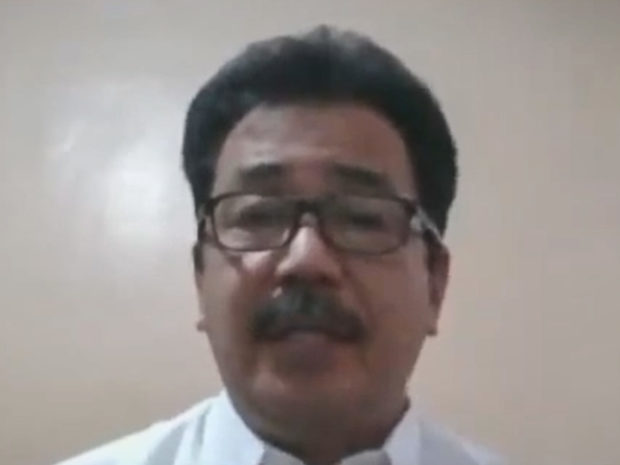MANILA, Philippines — The Commission on Higher Education’s (CHED) sought the help of Congress to increase its budget after an initial request of P62.3 billion for 2022 was reduced to only P52.6 billion upon the recommendation of the Department of Budget and Management (DBM).
During the briefing of the House committee on higher and technical education, CHED chairperson Prospero De Vera III said they initially requested a budget of P62,397,993 for next year.
However, De Vera said the DBM only recommended P52,603,169 for the National Expenditure Program which will be submitted to Congress for deliberation.
“The difference is about P9.6 billion and we’d like to ask the support of Congress to put back some of these items that we requested into the NEP, as it is submitted to Congress,” De Vera said.
A recomputation of the CHED’s proposed budget and the DBM’s recommendation showed a difference of over P9.7 billion.
Based on De Vera’s presentation which compared CHED’s budget proposal to DBM’s recommended budget, funding for several programs were reduced including the Universal Access to Quality Tertiary Education which provides for free tuition and other school fees in state universities and colleges, local universities, and colleges, and state-run technical-vocational institutions.
CHED’s proposal for the Universal Access to Quality Tertiary Education Act was at P54.2 billion, but the DBM only recommended P46.79 billion—a 13.68 percent decrease.
“Our Universal Access to Quality Tertiary Education also, we were not given the amount that we were asking for the project,” De Vera said.
CHED’s proposed funding for the Unified Student Financial Assistance System for Tertiary Education (UniFAST) and the Medical Scholarship and Return Service Program were also reduced, among others.
Moreover, proposed funding for other programs such as the Doktor Para sa Bayan Act, the Transnational Higher Education Program, and the Information System Strategic Plan was scrapped, according to the DBM-recommended CHED budget.
“Many of those that we requested was not given, particularly capital outlay to improve our regional offices for example. The Transnational Education Program has no funding,” De Vera said.
“This by the way is a mandate of Congress because Congress passed the Transnational Higher Education Law,” he added.
